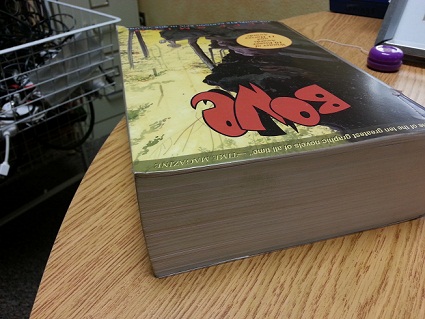Before she became a writer, S.J. Kincaid interned with a politician in Washington, D.C. and you know that had to influence Insignia, her debut novel. It’s set in a future where corporations have more power than nations and war has become so distant and sanitized that teens are the ones fighting the battles via drones. The threat of a neutron bomb and mutually assured destruction keeps warfare civil.
Tom is recruited a la The Last Starfighter to train in the Pentagon (now a spire like something out of Ender’s Game) and escape his troubled home situation. It’s a fun adventure and, on the surface, is a lighthearted sci-fi story with enjoyable character interactions. I found myself laughing out loud multiple times and that’s rare for me.
But there’s another layer to Insignia, one that challenges what modern warfare really means and what the whole point is. Behind the scenes are employees of megacorporations trying to woo combatants to fight for them. Imagine if the U.S. Army was sponsored by Wal-Mart (with Wal-Mart’s two million employees) and the Navy was run by McDonald’s (where every fish in the sea contained genetically engineered McFish DNA). The great thing, though, is that it’s not preachy and addresses it in an accessible manner.
The tech is pretty cool, too. Each character is introduced with name, rank, and IP address popping up in Tom’s vision. Computer programming takes center stage for a bit, but it either produces humorous or dangerous results, so I don’t think a non-programmer audience will be bogged down by it. I like to code, though, so I may be biased. (Really, the programming action reminded me of the wizard duels in Harry Potter.)
While many parts reminded me of other stories, Insignia‘s a brilliant combination of those different elements told through Kincaid’s honest voice. It’s definitely worth a read and a copy or two on the shelf.


